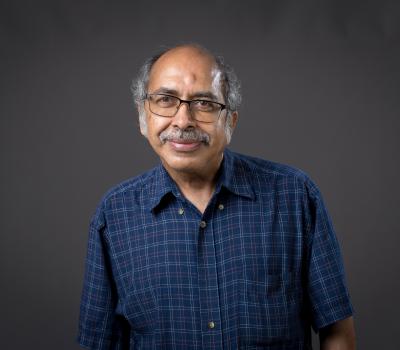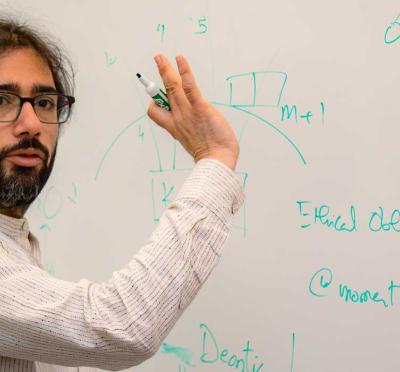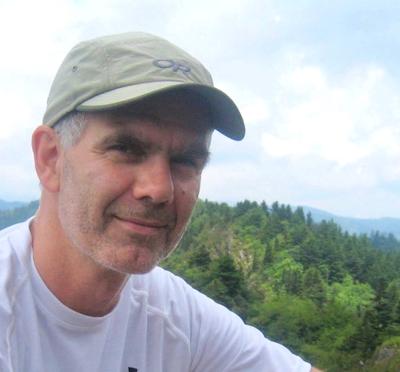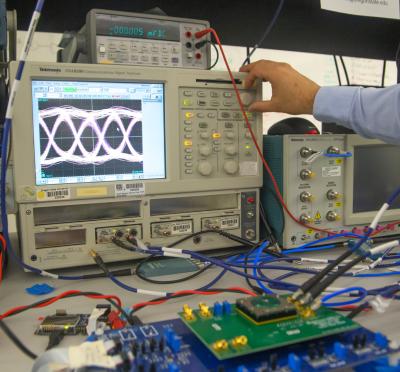Over his career, Dietterich obtained more than $30 million in research grants and created three software companies. He also co-founded two leading journals in his field and was elected the first president of the International Machine Learning Society. Dietterich is also one of the most highly cited scientists in his field with over 2,000 citations a year. His many accomplishments were recognized when he earned the rank of Distinguished Professor by Oregon State in 2013.
“Tom is what I would call ‘Explainer in Chief,’” said Professor Prasad Tadepalli at Dietterich’s retirement celebration. “One of the reasons the field of machine learning has grown so much is because of the contributions Tom made by making the field accessible to a lot of people by writing several survey articles. So, that’s one of the things that inspired me and inspired a lot of people to come to machine learning.”
Dietterich has worked on a wide variety of problems ranging from drug design to user interfaces to computer security. His recent research focuses on ways that computer science methods can help advance ecological science and improve management of the Earth’s ecosystems.
“I realized I wanted to have an impact on something that really mattered — and certainly the whole Earth’s ecosystem, of which we are part, is under threat in so many ways.
“And so if there’s some way that I can use my technical skills to improve both the science base and the tools needed for policy and management decisions, then I would like to do that. I am passionate about that,” he said.
This passion has led to several projects including research in wildfire management, invasive vegetation and understanding the distribution and migration of birds.
“Eco-informatics has become a very big field and that’s mostly because of Tom’s initiative,” Tadepalli said.
Dietterich is known among his colleagues as a dedicated mentor. In addition to his 47 graduate students and 12 post-docs, he also provided mentorship to many of the younger faculty members in the School of Electrical Engineering and Computer Science.
“When I was Dean looking at tenure cases, Tom’s name came up most often as a person who people singled out as their most important mentor,” said Ron Adams, former Dean of the College of Engineering and current Interim Provost and Executive Vice President for Oregon State.
Professor Alan Fern said he initially came to Oregon State because of Dietterich and he continues to view him as a role model. “I was hugely benefited by Tom actively mentoring me early on. I look back and wonder how he had time to spend that much energy on me,” Fern said.
Dietterich admits that reducing the amount of hours he spends on work will be a challenge. He is still involved in several research projects that need his attention. “But I have to convince my wife that I really can retire. The goal is to reduce my time to 20 hours a week, but that hasn’t happened yet,” he said.




